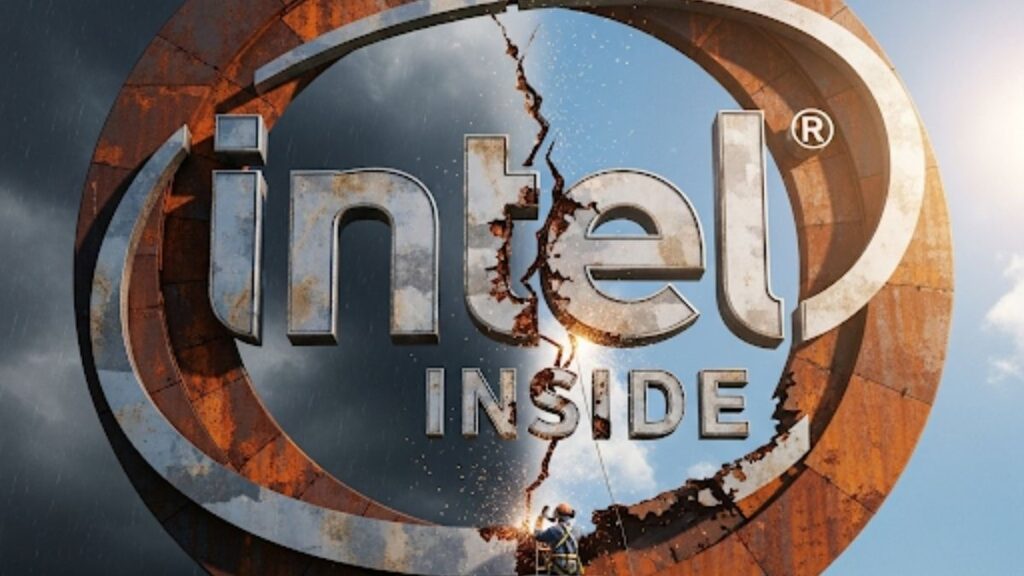Someone I’ve known for years moved from Dell to Cisco to Apple. Nine months after her move to Apple, she’s jumping ship to HP. She left Dell because of the opportunity at Cisco, which was a step up if you wanted more control and less aggravation (Dell is a far more complex company than Cisco, and both companies treat their customers and employees very well). She left Cisco because Apple paid better but Apple, in contrast, is a lock-in company and puts financial performance ahead of everything else. This makes it a very difficult company to work for, partner with, or even be an ex-employee from (if you leave the company, they strip your title from your employment record, destroying much of the value of using it as a job reference). HP is far more like Dell and Cisco than it is Apple and tends to treat its customers and employees very well (I’m particularly impressed with HP’s partner effort).
We are in a time deemed the “Great Resignation” which means a lot of you are looking to change jobs. But you need to focus on not only the job you want but the company you will work for. If you don’t, you may find that the grass isn’t much greener at the new firm, and you’ll wish you’d never made the change. I believe in not only learning from the success of others but from their mistakes as well, and I’d like to contrast Apple and Dell this week.
Let’s contrast Dell and Apple.
Dell vs. Apple
Apple makes a good product, and it integrates vertically which tends to give it advantages in terms of product consistency and customer control. Its business model is roughly based on the old IBM model where you work to encompass and monetize the customer by locking them into your product set. Apple doesn’t interoperate well, and it doesn’t partner well (you may recall Apple attempted to put Qualcomm out of business because Qualcomm wouldn’t agree to let Apple dictate what Qualcomm charged them, even though the original iPhone only functioned because Qualcomm helped Apple learn the business). Apple isn’t known for philanthropic or sustainable efforts. If it does venture into those sorts of initiatives, they come off more like exercises than meaningful programs. As for employees, they are expected to shut up and work, and currently, Apple is forcing the majority, over their objections, to return to the office so Apple management can better control them.
In contrast, Dell doesn’t vertically integrate, but it’s quality and customer loyalty, while high for the segment, is below Apple’s. Why? Because Dell doesn’t use lock-in as a strategy and customers are free to move. Dell’s business model is the more common, post-old-IBM model where you hold customers by treating them well, not locking them in. As such, it’s one of the better partnering companies. Dell has aggressively moved to increase diversity and Michael Dell has taken an extremely strong position against misogyny, making Dell one of the better places to work if you are a woman. While not yet the most sustainable of the tech firms, Dell takes the topic very seriously and improvements in this area, year-over-year, has been impressive. It has recently showcased Concept Luna which currently sets the bar regarding what you can do to create a sustainable laptop. Dell employees, except for those in jobs that have never been remote, like assembly, site security and maintenance, and in-lab research, are free to remain remote and Dell has gone farther than any other company I follow to make remote workers feel like they are part of Dell’s extended family.
Apple arguably pays better, but it’s located in an area where the cost of living is extremely high. It has worked aggressively not to mitigate that cost by building more affordable housing, but to make it very hard for an employee to leave to seek another job.
Dell pays less, but you can live where you want to contain costs, and Dell doesn’t lock you into the company. Its efforts to retain employees are a solid benefits package and the fact that, at Dell, employees aren’t just cogs in the machine but meaningful contributors to Dell’s image and performance.
Status working for Apple is likely higher but, given how they treat your employment record, this is mitigated by Apple’s policies that are hostile to employees.
So where would you work?
Wrapping up
Like the friend I’ve mentioned above, I’ve worked for and with a lot of companies. I’ve had wonderful managers and I’ve had managers who were abusive and even prone to violence. Over my career I’ve found that it’s better to make less but work for a company that treats me well and cares about me, than it is to work for a firm that pays more but seems to believe it owns me as if I were a piece of equipment.
I have zero tolerance for abusive behavior, particularly when it is directed at women or minorities. Working for a company like Apple would likely end badly for me and that company. So, my highest priority is to find companies that treat their employees well, and to work for people who create departments that are more like families and who accept criticism and advice rather than seeing it as some kind attack on their leadership that must be put down.
As you consider your next job, take the time first to categorize what you like about your current company and ensure that you aren’t taking for granted what you most enjoy before starting your job search. I, personally, would never work for a company like Apple because I’d constantly be at risk of speaking out of turn about things I felt were abusive, putting my job and mental wellbeing permanently at risk. Do your due diligence on companies you are considering leaving for. You may find that where you are is closer to your ideal in terms of working environment than where you may be going.
Often, it’s the quality of life that is far more important than money over the long term.
- Intel’s Identity Crisis: In Search of a CEO Who Can Make the Elephant Dance - August 15, 2025
- Lenovo’s AI Edge: How ‘Eating your Own Dog Food’ Creates a Competitive Advantage - August 8, 2025
- Threadripper PRO 9000: The Professional’s Unfair Advantage - August 7, 2025



